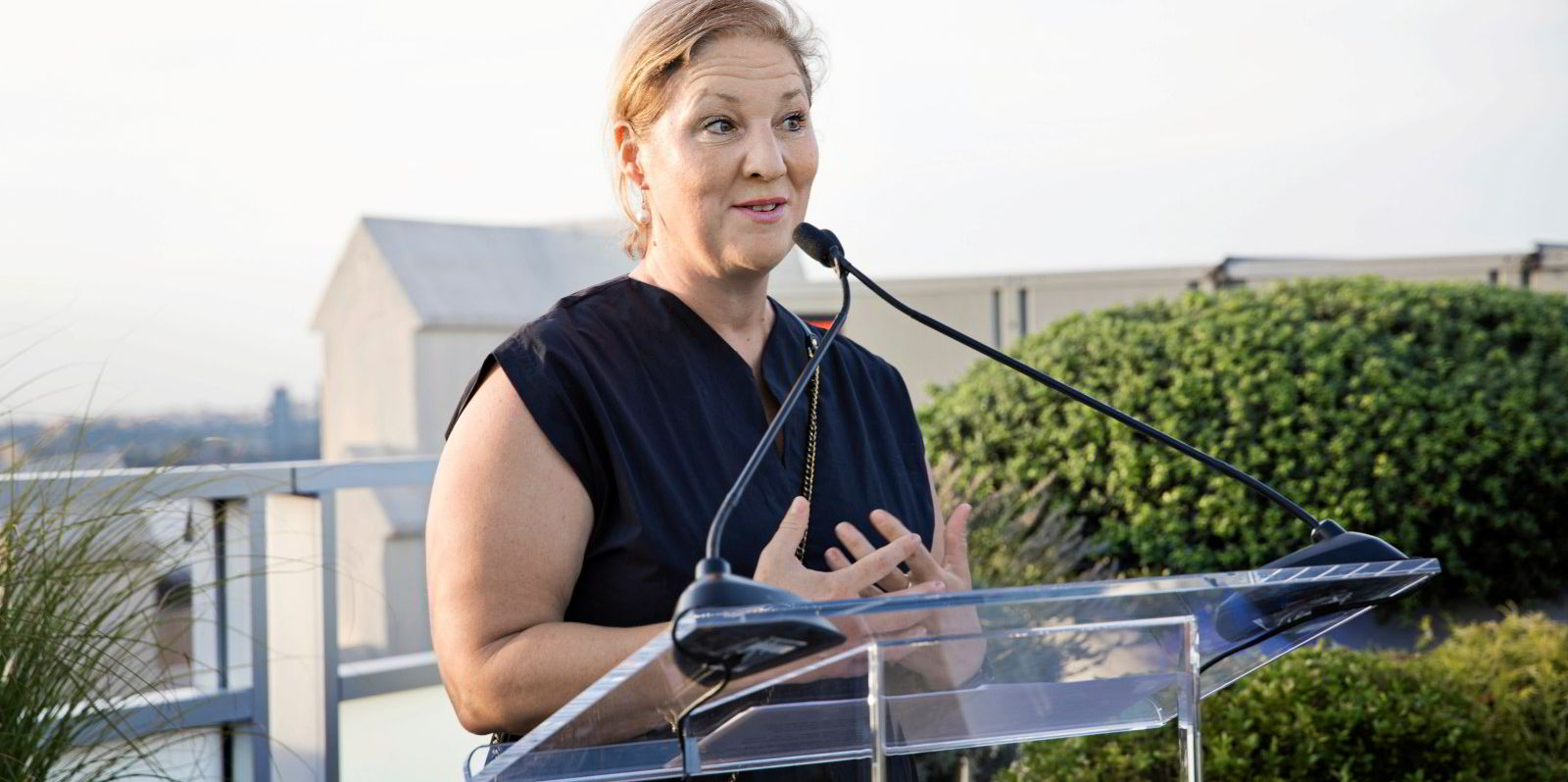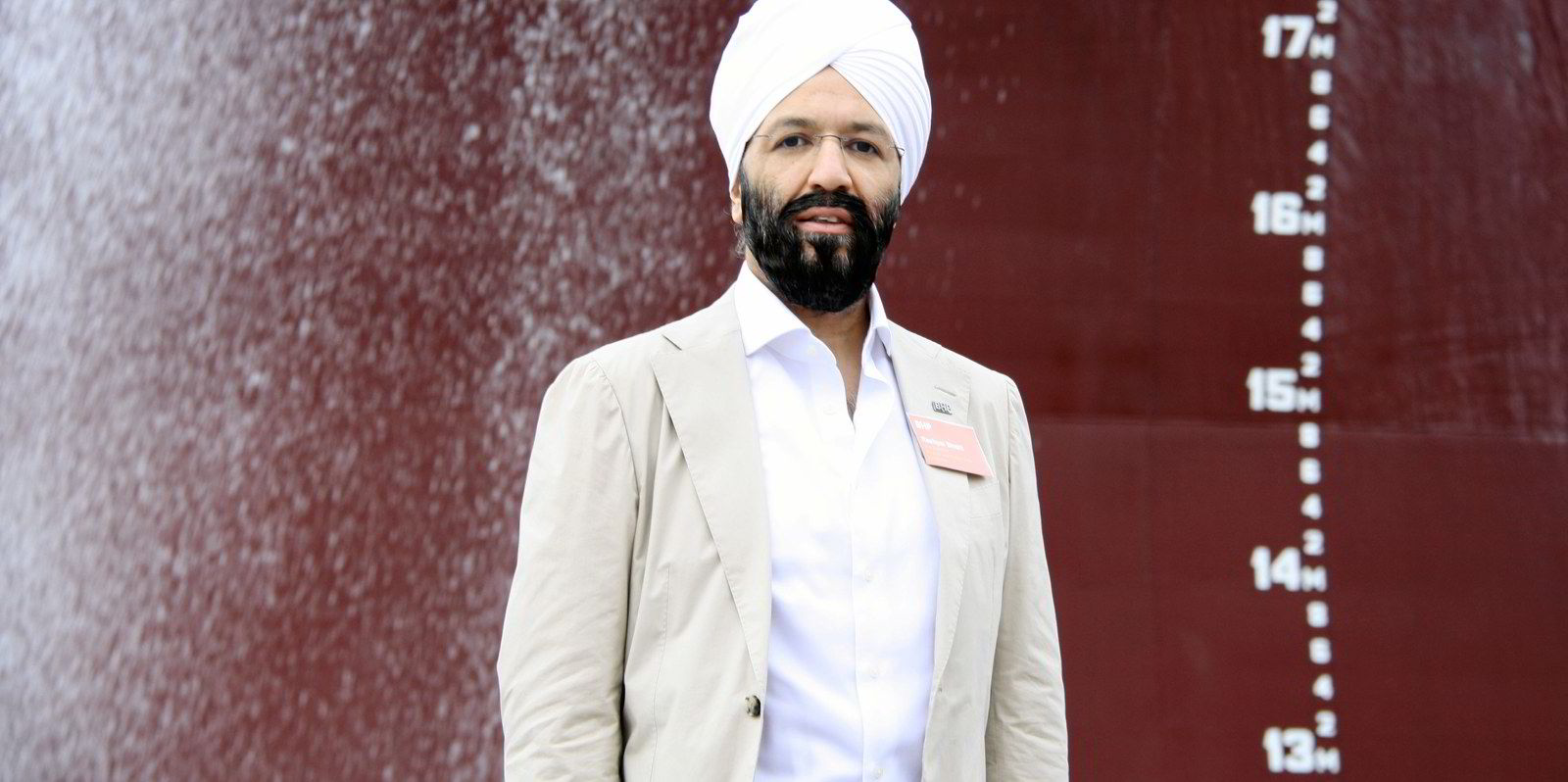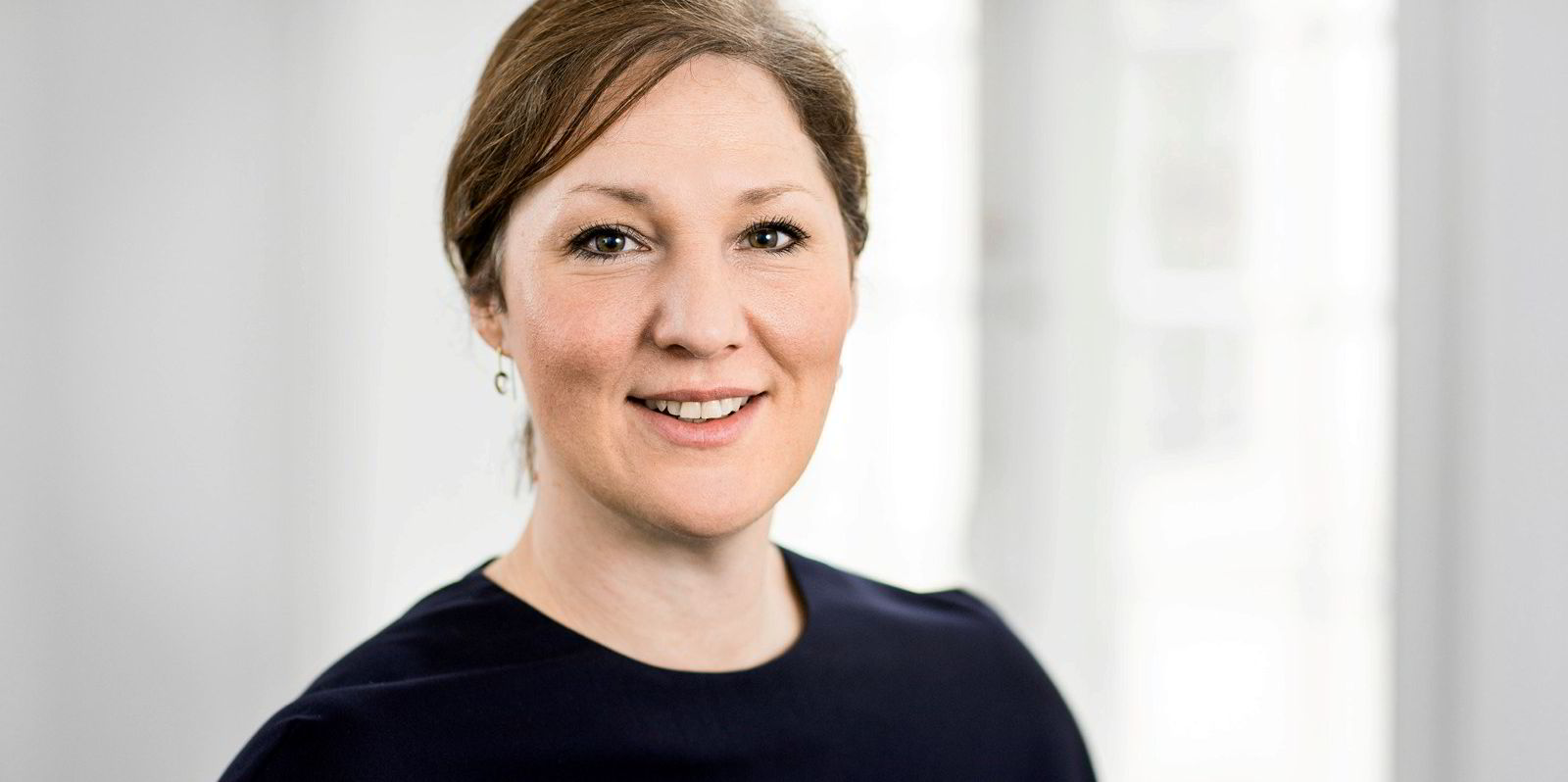The fourth global survey of pilot projects aiming to decarbonise shipping has seen an 84% increase since last year, to 373 schemes focusing on ship technology, fuel production, bunkering, and infrastructure, the Global Maritime Forum reported.
The latest Mapping of Zero-Emission Pilots and Demonstration Projects, launched at a Getting to Zero Coalition workshop in Paris showed the number of projects had risen from 203 in last year’s report.
New projects have emerged in Thailand, Egypt, Malaysia, and South Africa and more pilot schemes are taking a collaborative approach, according to the report, which said 70% of the identified projects involve partners from at least two countries.
An increasing number have also matured with more than 30 approvals in principle for ship technology projects reported in 2022 and 2023.
A continued increase in projects focusing on hydrogen-based fuels with ammonia and hydrogen led the way, but more mature methanol technologies have begun to move beyond pilot work to a commercialisation phase, the GMF said.
“It is promising that the number of zero-emission pilot and demonstration projects is increasing each year and impactful projects are being developed in the global South,” said Johannah Christensen, chief executive of the GMF.
“Now we need industry’s actions to be backed by an ambitious revised greenhouse gas emissions strategy from the International Maritime Organization” she added.
Most projects are based in Europe (56%), Asia (33%), and North America (9%), with the top three countries by number of schemes: Norway, Japan, and Denmark. Around 40% of all projects are publicly funded, a majority of these by European funders.
The most active participants were shipbuilder, equipment and technology (23%), energy production (16%), shipowner and ship operator (16%), classification society (9%) and port and terminal (7%).





